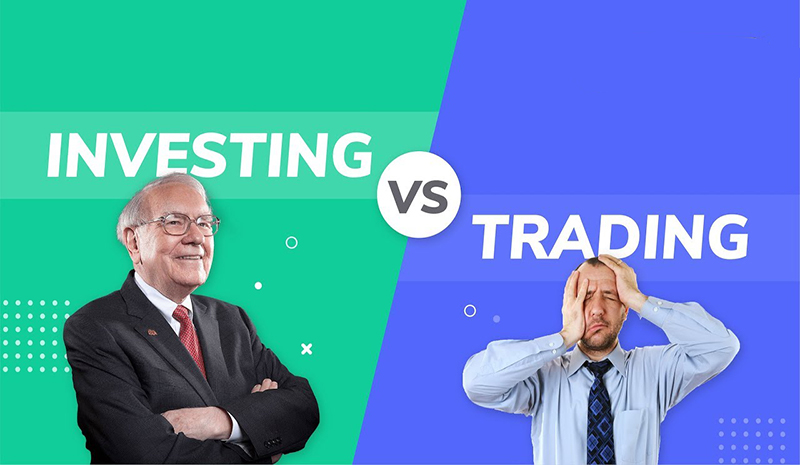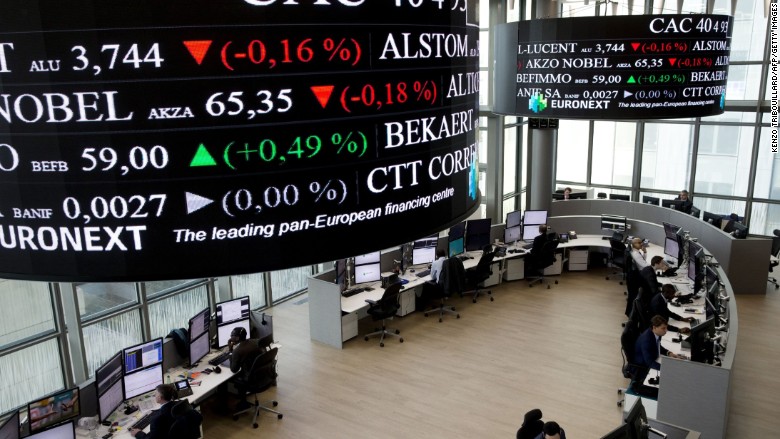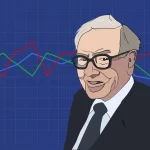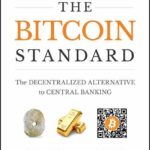
Trading vs Investing : Wich is the Better Solution?

In the world of money, deciding between trading vs investing is a big deal.
It’s like choosing a path that will seriously affect your financial future.
Trading and investing are different ways to handle your money, and the choice you make is a key factor in how your financial journey will unfold.
In this discussion, we’ll break down these options, highlighting why this decision matters so much and how it sets the stage for your financial future.
Defining Trading and Investing

Trading: Trading is an active approach to the financial markets, involving the frequent buying and selling of assets, such as stocks or cryptocurrencies, to capitalize on short-term price movements.
Traders employ various strategies, like day trading or swing trading, and often rely on technical analysis. This dynamic and agile method can be likened to navigating in a speedboat—a vehicle designed for quick responses and swift maneuvers.
Traders thrive on market volatility, aiming to profit from rapid market changes.
Common financial instruments in trading include stocks, cryptocurrencies, forex (foreign exchange), and commodities.
Traders actively participate in these markets, leveraging their understanding of short-term trends and technical indicators to make informed decisions.
The goal is to profit from price fluctuations, whether they are up or down, within a relatively brief timeframe.
Investing: Investors, on the other hand, often engage in a diversified portfolio of assets, including stocks, bonds, real estate, and other long-term investments.
Their focus is on the fundamental strength and growth potential of the assets.
Unlike traders, investors are willing to withstand short-term market fluctuations, banking on the historical upward trajectory of markets for sustained, long-term gains.
Investing takes a more patient and long-term perspective.
It involves buying and holding assets with the expectation that their value will appreciate over an extended period.
This strategic approach is comparable to a serene cruise on a sturdy ship—a journey characterized by stability and a focus on the broader economic landscape.
Investors typically rely on fundamental analysis.
Trading vs Investing

When deciding between trading vs investing, individuals need to consider their risk tolerance, time commitment, and financial goals.
Trading demands active involvement, constant monitoring, and the ability to make quick decisions, making it suitable for those comfortable with higher risk and a more hands-on approach.
Investing, with its focus on long-term growth and a less time-intensive strategy, is better suited for individuals with a more patient outlook and a lower tolerance for short-term market fluctuations.
By understanding the distinctions between trading and investing, individuals can make informed decisions that align with their financial objectives and personal preferences, steering their course through the intricate waters of the financial markets.
Questions to Help You Choose Between Trading vs Investing

- What is your comfort level with taking on financial risks?
- How much time are you willing to commit to managing your investments actively?
- Are you seeking quick profits or aiming for long-term wealth accumulation?
- Do you prefer making decisions with a short-term or long-term perspective?
- Are you interested in learning about technical analysis and market trends?
- How well do you handle stress, especially in the context of financial decisions?
- Are you adaptable to rapidly changing market conditions?
- Do you prefer an active, hands-on approach to financial decision-making?
- How much ongoing learning and staying informed about financial markets are you willing to undertake?
- What is your current level of understanding of financial markets, investment strategies, and risk management?
Basically, these questions help you decide if you should jump into quick trading or go for the more relaxed investing style. Your answers show you the money path that fits your vibe and goals. So, take a sec to think about it, and you’ll find the money move that’s just right for you.
Pro and Cons of Trading
| PRO | CONS |
|---|---|
| Quick Profits | High Risk |
| Flexibility | Time-Intensive |
| Diversification | Stress |
| Active Engagement | Transaction Costs |
| Market Timing | Market Noise |
| Learning Opportunities | Expertise Required |
Pros:
- Quick Profits: Potential for rapid financial gains.
- Flexibility: Ability to adapt to short-term market fluctuations.
- Diversification: Opportunity to explore various markets and instruments.
- Active Engagement: Suited for those who enjoy hands-on involvement.
- Market Timing: Ability to capitalize on short-term trends and opportunities.
- Learning Opportunities: Constant exposure to market dynamics enhances financial knowledge.
Cons:
- High Risk: Increased vulnerability to financial losses.
- Time-Intensive: Demands continuous monitoring and quick decision-making.
- Stress: The fast-paced nature can lead to emotional pressure.
- Transaction Costs: Frequent buying and selling may result in higher costs.
- Market Noise: Prone to reacting to short-term market fluctuations.
- Expertise Required: Success often relies on a deep understanding of technical analysis.
Pro and Cons of Investing
| PRO | CONS |
|---|---|
| Long-Term Growth | Slower Returns |
| Passive Approach | Market Fluctuations |
| Historical Trends | Less Flexibility |
| Reduced Transaction Costs | Patience Required |
| Stability | Lower Income Potential |
| Diversification | Learning Curve |
Pros:
- Long-Term Growth: Potential for sustained, long-term wealth accumulation.
- Passive Approach: Requires less active management, allowing a more relaxed lifestyle.
- Historical Trends: Investments historically trend upward over time.
- Reduced Transaction Costs: Lower frequency of buying and selling minimizes costs.
- Stability: Provides a sense of stability and predictability.
- Diversification: Spread risk through a diversified portfolio of assets.
Cons:
- Slower Returns: Returns may accumulate more slowly compared to trading.
- Market Fluctuations: Still subject to market fluctuations affecting portfolio values.
- Less Flexibility: Limited ability to respond quickly to sudden market changes.
- Patience Required: Success depends on a patient, long-term perspective.
- Lower Income Potential: Potential for slower wealth accumulation.
- Learning Curve: Requires understanding fundamental analysis for effective decision-making.
Final Thoughts

Consider this: have you ever wondered why Warren Buffett, one of the world’s wealthiest individuals, leans towards long-term investing instead of trading?
The answer lies partly in the unfavorable impact of taxes on trading gains.
Unlike investing, where the power of compound interest works in your favor over time, trading tends to limit your potential for significant wealth accumulation.
So, the real question might be: why not take a page from the playbook of one of the most successful investors and opt for a strategy that aligns with long-term growth and the benefits of compounding?
Trading vs Investing Books Reccomendation

In order to help you, I’ve curated a list of essential books that offer valuable insights into the worlds of both trading and investing.
These reads provide a wealth of knowledge, empowering you to make informed decisions aligned with your unique financial goals.
For Aspiring Traders:
#Amazon Adv
- A Random Walk Down Wall Street by Burton Malkiel: Delve into various investment strategies, understand market efficiency, and explore the challenges of beating the market.
- Technical Analysis of the Financial Markets by John J. Murphy: Master the essentials of technical analysis, from chart patterns to indicators, essential for any trader.
- Market Wizards by Jack D. Schwager: Learn from the experiences and strategies of successful traders through insightful interviews that share valuable lessons.
For Future Investors:
#Amazon Adv
- The Intelligent Investor by Benjamin Graham: Discover the foundational principles of value investing, a timeless guide by the mentor of Warren Buffett.
- Common Stocks and Uncommon Profits by Philip Fisher: Grasp the qualitative aspects of investing, focusing on understanding the intrinsic value of companies.
- A Wealth of Common Sense by Ben Carlson: Uncover a practical, down-to-earth approach to investing, covering essential principles for building long-term wealth.
For a Holistic View:
#Amazon Adv
- The Little Book That Still Beats the Market by Joel Greenblatt: Explore the concept of value investing in a simple, accessible manner, applicable to both traders and investors.
- One Up On Wall Street by Peter Lynch: Gain insights from the legendary investor Peter Lynch, understanding his experiences and timeless wisdom.
- Reminiscences of a Stock Operator by Edwin Lefèvre: Immerse yourself in a captivating narrative about the stock market, offering a unique perspective on successful speculation.
These reads will equip you with the knowledge needed to navigate the complexities of the financial world.
Happy reading, and may your journey be as enlightening as it is prosperous!
Recent Posts













